The agricultural sector is witnessing a significant transformation with the integration of Internet of Things (IoT) technology, especially in livestock farming. As a Houston attorney deeply immersed in the intricacies of agricultural and technology law, I present a comprehensive guide to navigating the legal landscape of IoT adoption in livestock farming. This article aims to provide farmers, agribusinesses, and technology providers with the knowledge to implement IoT solutions effectively while ensuring legal compliance and maximizing operational benefits.
IoT technology in livestock farming, known as ‘Precision Livestock Farming,’ uses various sensors, RFID tags, and monitoring systems to track the health, movement, and productivity of animals. This data-driven approach not only enhances the welfare of the livestock but also optimizes the entire farming operation, leading to increased efficiency and reduced environmental impact. However, the adoption of such technology comes with a myriad of legal considerations that must be addressed to avoid potential pitfalls.
Firstly, data privacy and security are paramount concerns. In Houston and across Texas, regulations dictate how personal and operational data collected through IoT devices can be used, stored, and shared. Farmers and technology providers must understand these laws to ensure the confidentiality and integrity of the data. As your attorney, I can guide you through establishing robust data management policies and practices that comply with relevant privacy laws and safeguard against cyber threats.
Secondly, understanding the ownership and control of data is crucial. Agreements between farmers and technology providers should clearly define who owns the data collected by IoT devices, who can access it, and for what purposes. These agreements must be carefully drafted to protect the interests of all parties involved and to prevent future legal disputes.
Liability is another critical aspect to consider. If an IoT system fails or malfunctions, it’s essential to determine who is responsible for any resulting damages or losses. Liability clauses in contracts with technology providers should be negotiated and clearly outlined to ensure that farmers are not unduly burdened in such scenarios.
Regulatory compliance is a key factor in IoT adoption. Livestock farming is subject to various federal and state regulations related to animal welfare, environmental protection, and food safety. IoT implementations must be compliant with these regulations to avoid penalties and ensure that the farming practices are sustainable and socially responsible.
As IoT technology evolves, staying informed about the latest developments and legal implications is vital. Continuous education and consultation with a knowledgeable attorney can help farmers and agribusinesses remain compliant and competitive in this rapidly changing landscape.
It’s also essential to address the intellectual property (IP) aspects of IoT in livestock farming. As farmers and agribusinesses adopt these technologies, they may be using patented systems, software, or processes. Understanding and respecting IP rights is crucial to avoid infringement issues. As a Houston attorney, I can assist in conducting due diligence to ensure that all technologies used are properly licensed and that your own innovations are adequately protected under IP law.
Insurance policies must be revisited and potentially updated to cover IoT-related risks. The traditional insurance that covers livestock and farm equipment might not adequately cover the unique risks associated with IoT devices, such as cyber-attacks or system malfunctions. I can help review and negotiate insurance terms to ensure that your farm is protected against these new types of risks.
International considerations are also important for livestock farmers looking to export their products. IoT adoption can help in meeting the stringent quality and traceability standards required in international markets. However, this also means complying with international regulations regarding technology use and data handling. Legal guidance is crucial in navigating these complex international laws and treaties.
The ethical implications of IoT in livestock farming should not be overlooked. While these technologies can significantly improve animal welfare by monitoring health and reducing stress, there are concerns about the over-reliance on technology and the potential for invasive monitoring. I can provide counsel on developing and implementing ethical guidelines for IoT use that respect animal welfare and align with public expectations.
In terms of contract law, the agreements with technology providers, partners, and employees must all reflect the new realities of IoT in farming. This includes service level agreements for technology maintenance and support.

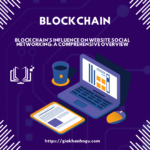





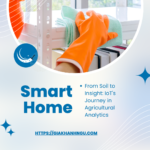


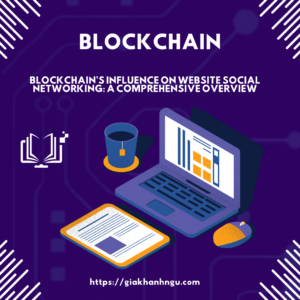


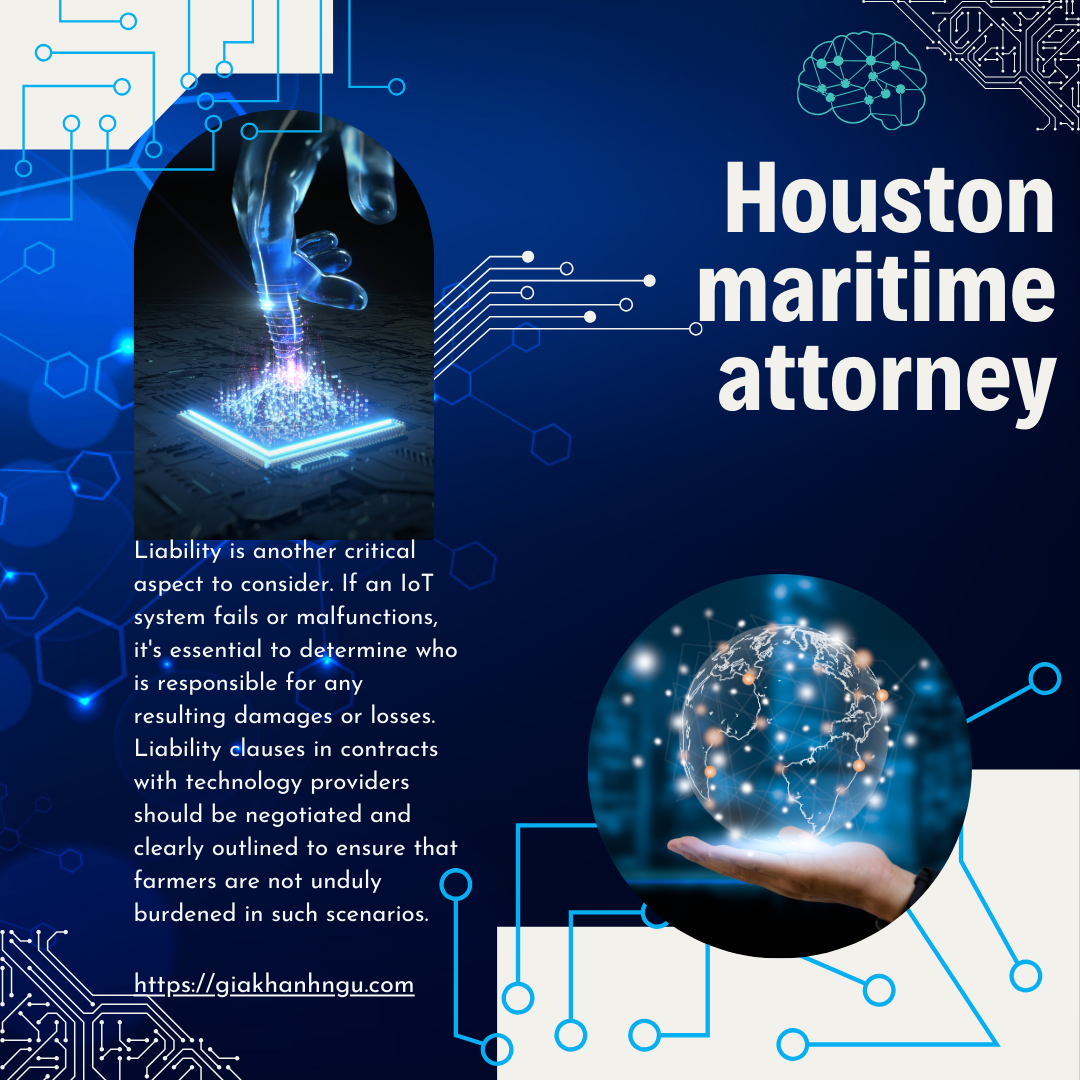
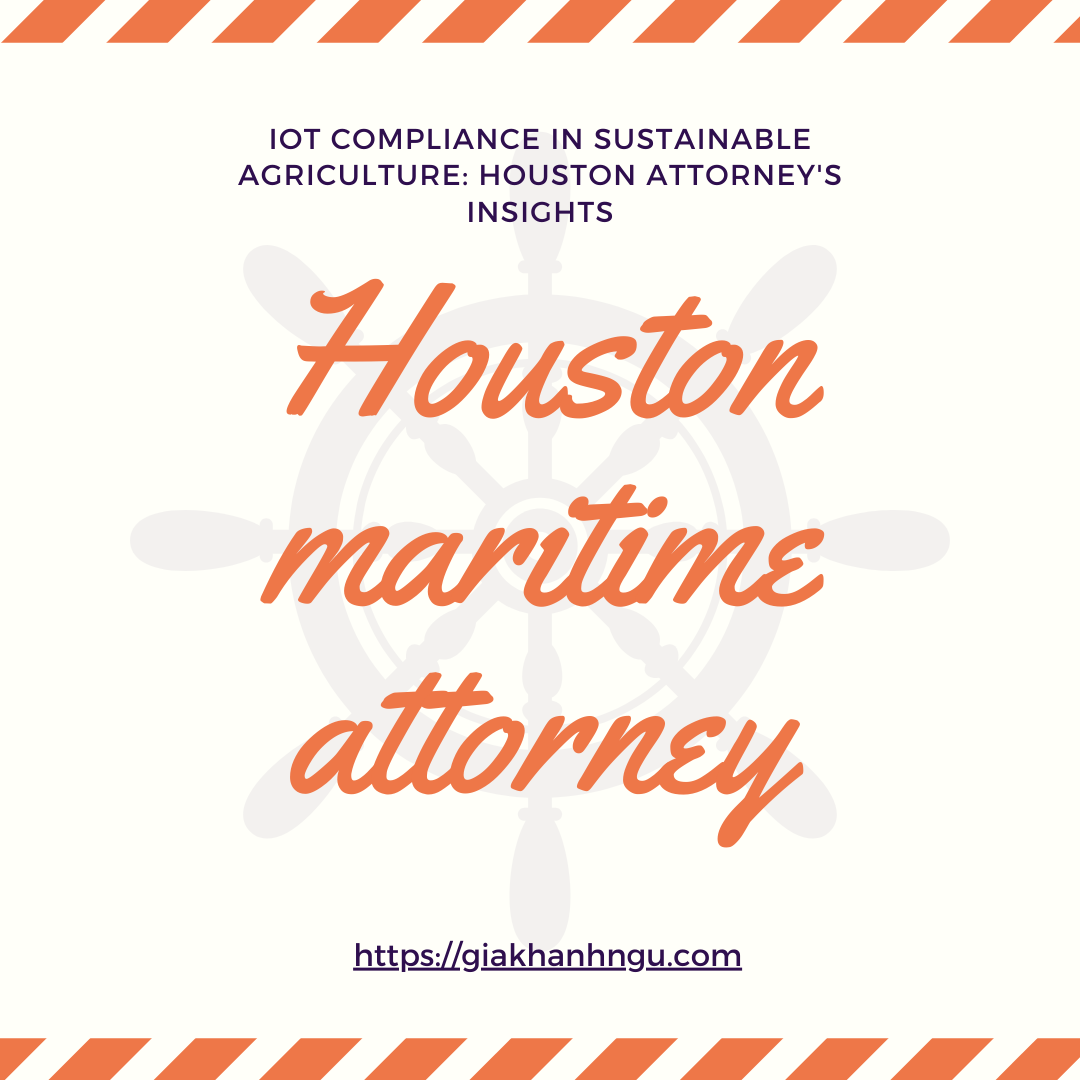

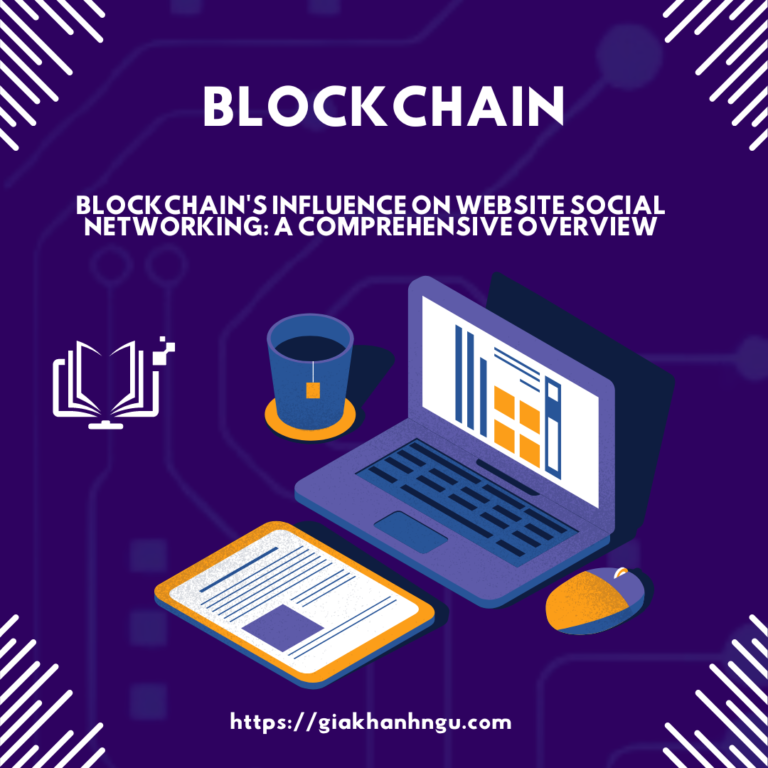
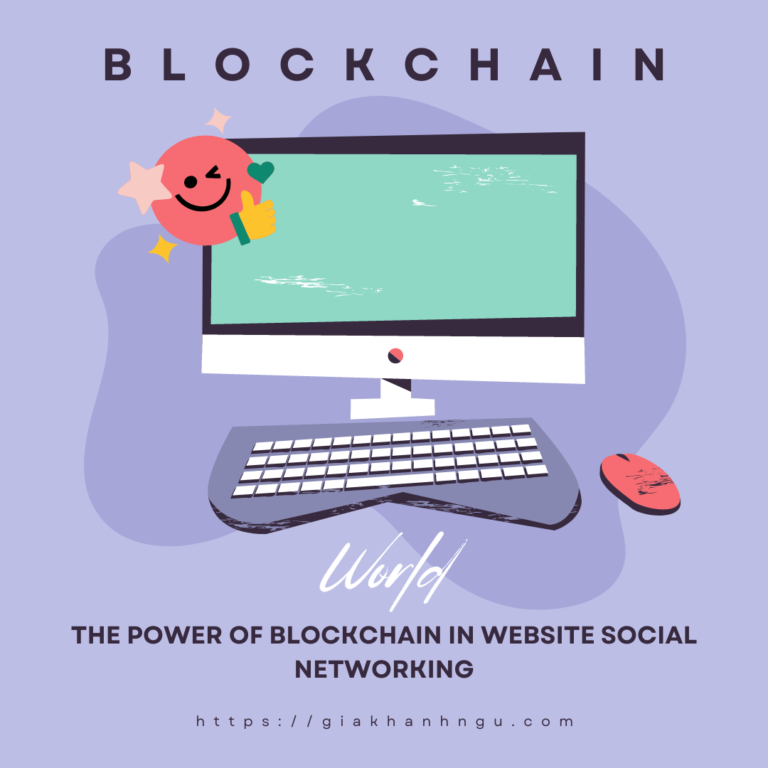
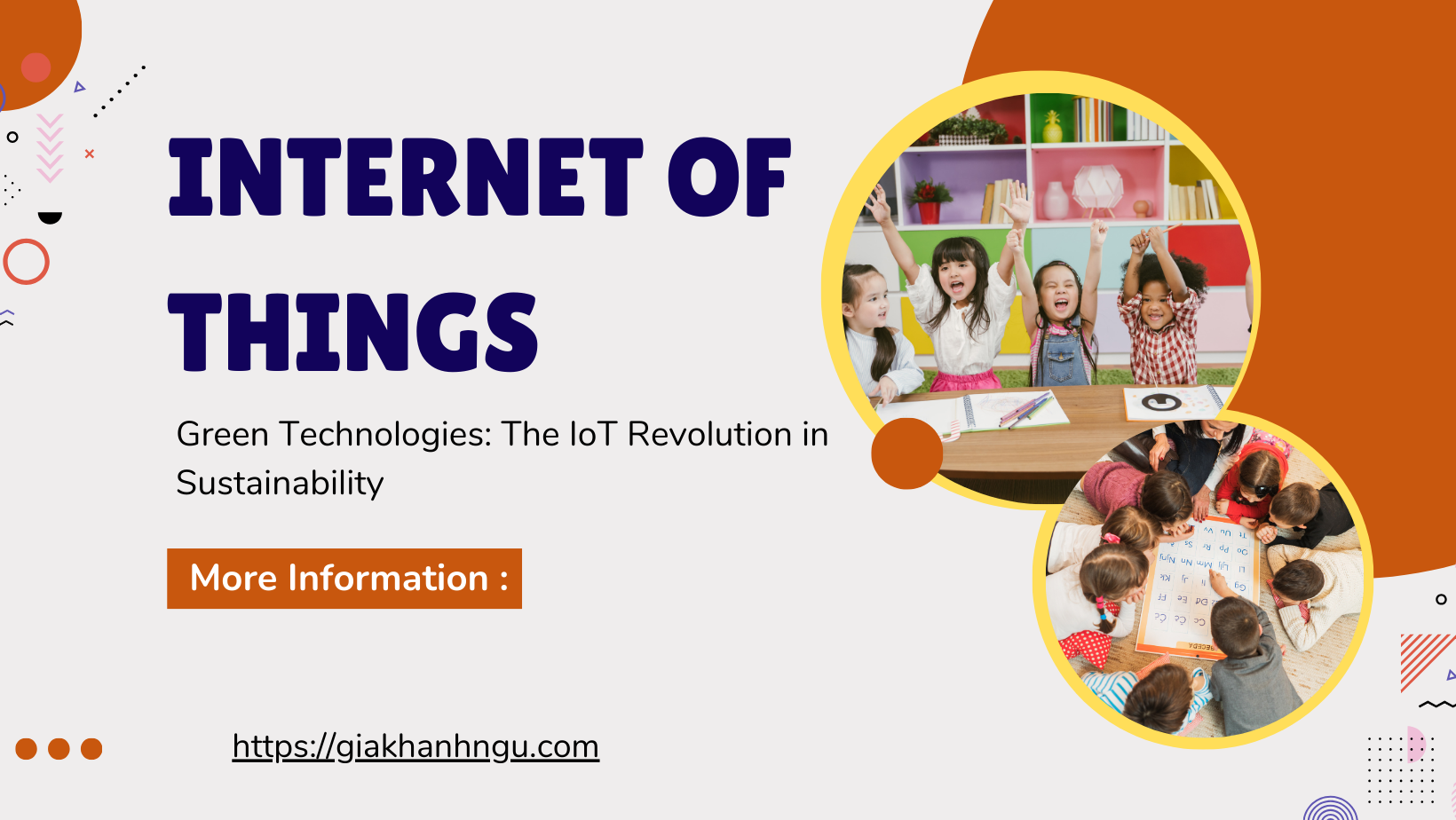




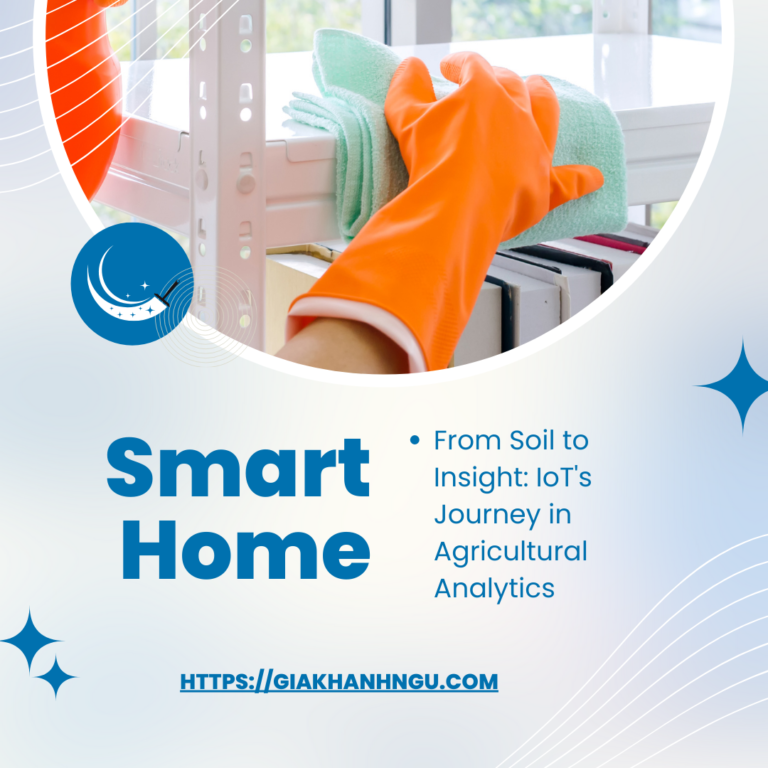
+ There are no comments
Add yours